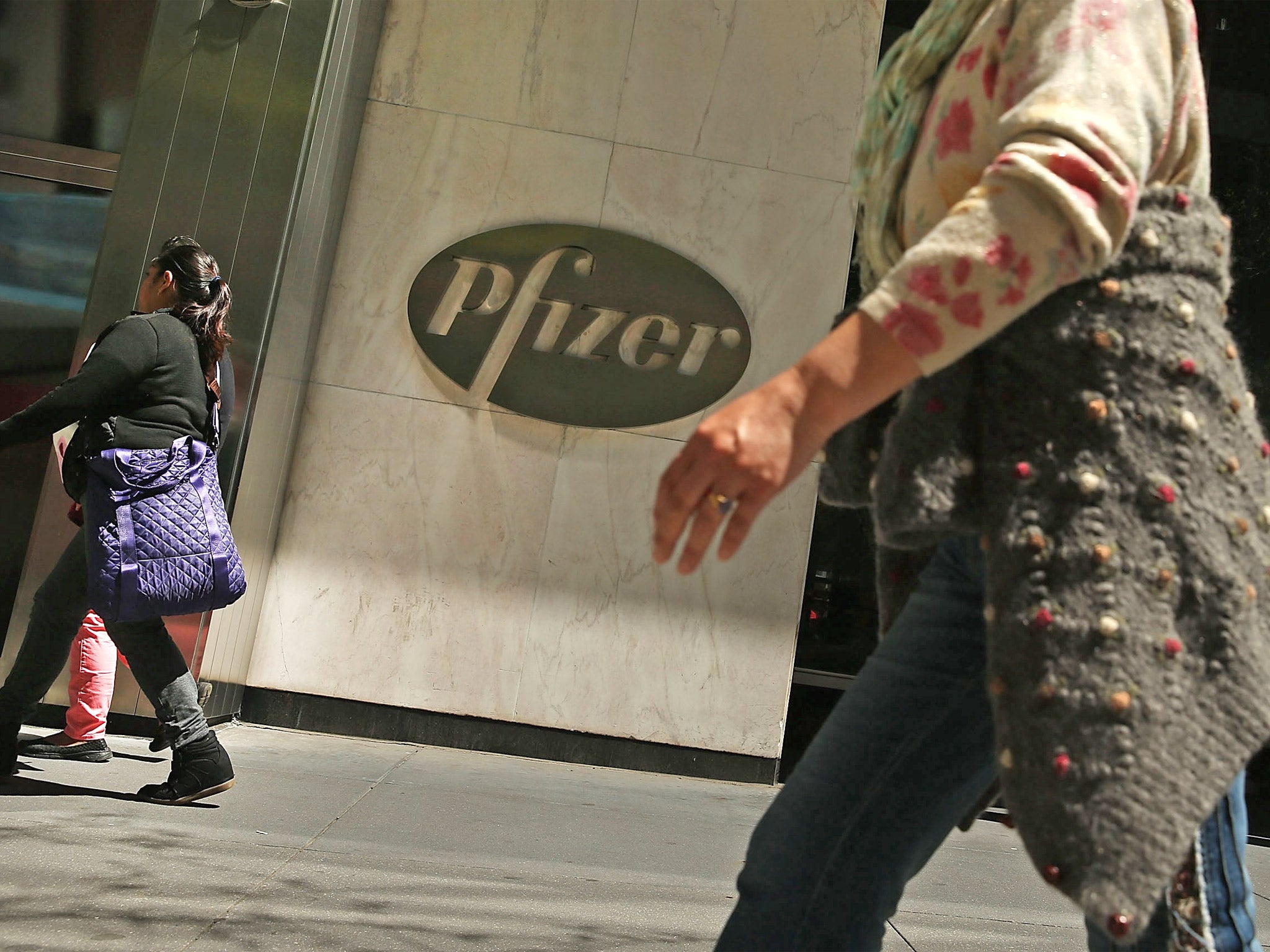AstraZeneca, please say hello to Pfizer
There is no such thing in the business world as a merger of equals. One party always has the upper hand.


I was sitting outside a restaurant in central London the other day, and two men in dark suits were saying goodbye to each other on the pavement. “Absolutely,” said one. “Let me know how it goes,” said the other. “I’ll be back in touch,” came the reply. They’d clearly just had a business lunch, with lashings of thinking outside the box and 360 solutions, but other than that their exchange gave no clue as to the hierarchy of the two men. When it comes to all manner of business dealings, someone’s a buyer and someone’s a seller, but I couldn’t tell who was who.
This is, of course, a rather crude interpretation of human transactions – and I wouldn’t advocate applying this rule to personal relationships – but there’s a truth at the heart of it. There is no such thing in the business world as a merger of equals. Compromise and negotiation may be the spirit in which matters are conducted, but in the end one party has the upper hand. There’s a seller and a buyer. One man’s merger is another man’s takeover.
Britain, poster child of economic recovery, and, seemingly, a tax haven second only to the Cayman Islands, is the backdrop to an impressive amount of big business activity at the moment. AstraZeneca, please say hello to Pfizer. Dixons, meet Carphone Warehouse.
The Dixons deal is particularly interesting because both parties are determinedly calling it a merger, saying that the new business will operate under the name Dixons Carphone (why not Carphone Dixons, I wonder?) and the current chief executive of Dixons, Sebastian James, will be the boss of the new company. His deputy will be Carphone Warehouse’s current CEO, so on an operating level at least, it’s clear from the division of spoils where the power lies. Sir Charles Dunstone, the co-founder and chairman of Carphone Warehouse, will chair the new board, and investors have already declared they are happy with the strategic logic behind the deal. So far, so gentlemanly.
Everyone, we are led to believe, is a winner, and the fact that Sir Charles and Mr James know each other socially is clearly an important factor in driving this deal towards the winner’s enclosure. According to The Economist, “above all, personal chemistry matters every bit as much in mergers as it does in marriage. It matters most at the top. No company can have two bosses for long. So one boss must accept a less important role with good grace.”
So even – or maybe especially – in a world where clinical decisions on matters of facts and figures have to be made, it boils down to flesh and blood. Take the recent failed ‘merger’ between the two media giants, Omnicom and Publicis, who were hoping to create a mega-company that would bestride the globe. They were driven by financial and strategic imperatives, but, among other issues, the cultural differences between a French company and an American one proved to be a bridge too far. On one side of the negotiating table was a man called Jean-Michel and on the other was a man called Randy. Who thought that would work? It’s worth remembering that, in a climate of multi-billion takeovers, it is still all about people. About buyers and sellers, in fact.
Join our commenting forum
Join thought-provoking conversations, follow other Independent readers and see their replies
Comments
Bookmark popover
Removed from bookmarks